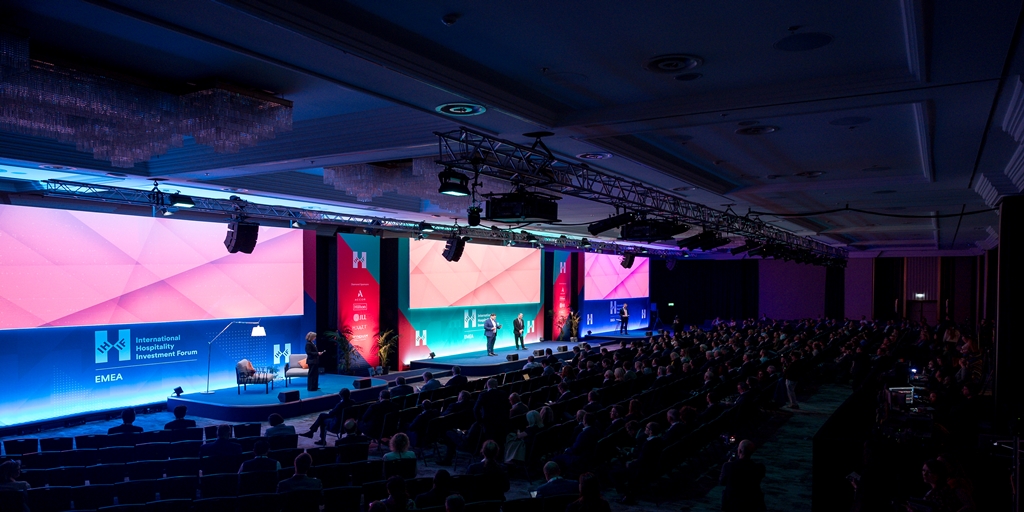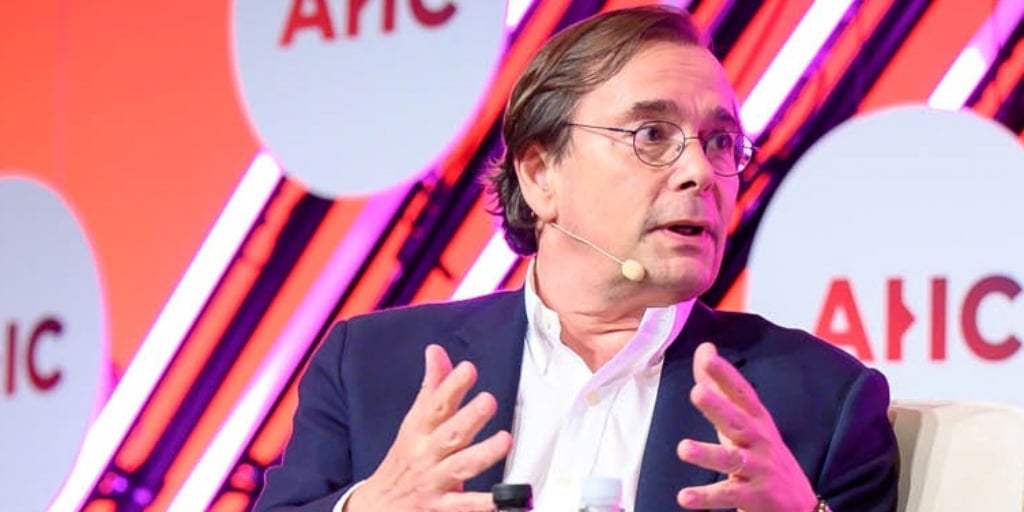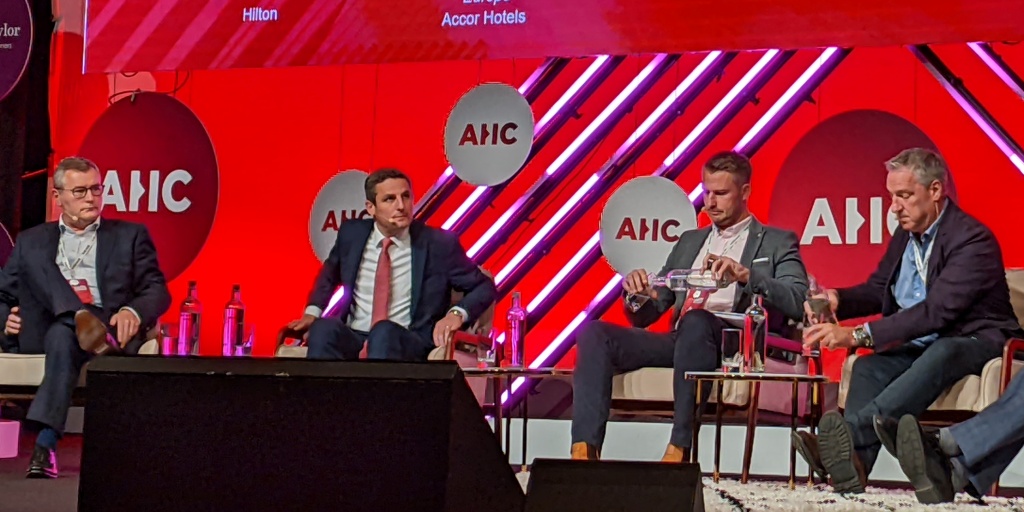The three-day conference at the Epic Sana Lisboa Hotel, Lisbon on 9-11 October welcomed 380 delegates through its doors to gain insights into Europe’s leisure, resort and residential market.
Soaring southern Europe
Sessions explored travel trends and lifting the lid on investment opportunities across Europe, with a particular focus on Southern Europe which, according to STR and HotStats, has seen a high turnover of deals due to the proportionately higher number of family-run businesses in the area that have come across difficult times in the economic climate.
Thomas Emanuel, senior director, STR, stated that this increase in deals in Southern Europe has come after a year of significant growth across the region, with occupancy rates in Malta growing by 12% year on year, a stat which has seen top hotel brands such as Accor, Marriott International, Hilton Worldwide and Wyndham Hotel Group driving the leisure development pipeline.
Driving value focus
Subsequently, David Goodger of Tourism Economics said that while leisure was looking “much more optimistic compared to other industry segments” the industry would need to focus on driving value to maintain consistency.
Meanwhile, investors speaking in the ‘Capital Talks: Leisure Investing on Shifting Sands’ session noted concerns over the sustainability of the current hotel boom, particularly in the three-star sector.
Destination development
Day two of the conference saw discussions shift to development of destinations with resort stakeholders answering the question ‘what does it take for a leisure development to become attractive to travellers and investors?’
Francisco Moser of Arrow Global Portugal said the ‘biggest challenge’ for resorts was seasonality and the drop off in trade out-of-season, while Ashley Scott of WATG said that increasing competition from outside the industry in areas like weddings, was impacting luxury hotels and resorts.
Focusing on experience and working with local communities to enhance a resort’s uniqueness was the key, panellists agreed. Moser summarised: “We have to create different layers of attractions in order to differentiate ourselves from others in the market.”
Conversion concentration
Repositioning properties to both capitalise on new property types and to appeal to different markets were moves highlighted in a session called ‘New beginnings: Refurbishing and Repositioning Leisure Properties’. With investors now looking to identify new stock to bring to the market by adding popular amenities such as swimming pools, spas, and food and beverage outlets to older period properties with unique character.
Speaking on the future of these opportunities within the industry, Alessandro Dassi, CEO, Casa Collective, said: “Repositioning is here to stay and I can only see it increasing. To me the most important thing is to have a clear vision in your mind of what the proposition is and who the hotel is offering that to.”
Investor and owner attendance
Joe Stather, VP operational real estate of the event’s organiser Questex, concluded: “For a hospitality investment event, a key measure of success is the number of equity investors and owners present. At this year’s R&R, they represented over 25% of the overall delegation, and over half of them were first timers at the event. This is a clear sign that leisure hospitality is piquing the interest of more investors, including institutions with a longer-term view and lower capital costs.
“We are excited to see how the market continues to develop over the next 12-months before R&R reconvenes in 2024 in Greece.”






